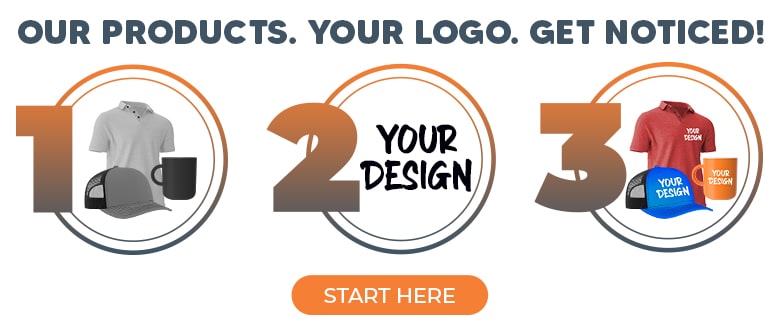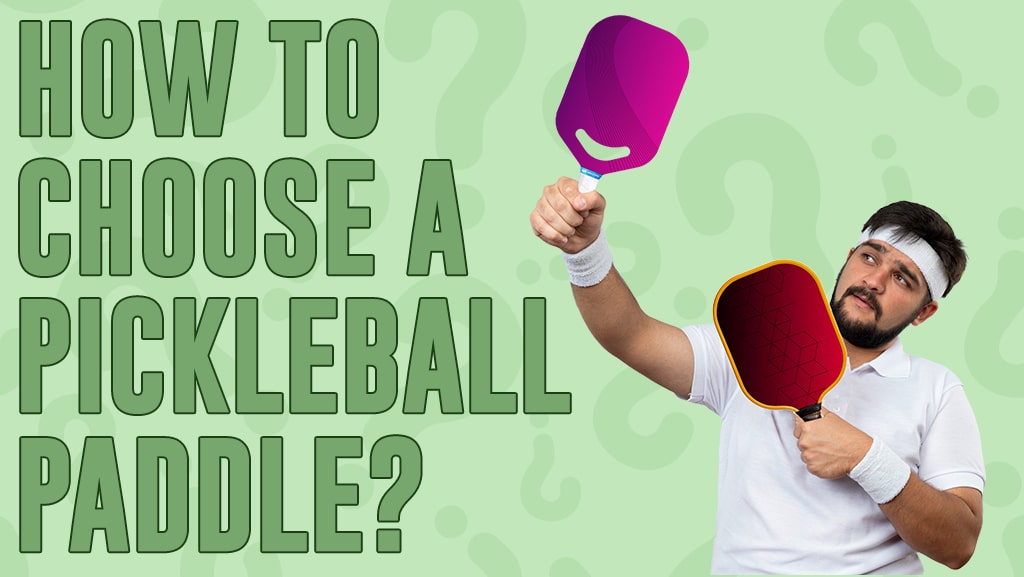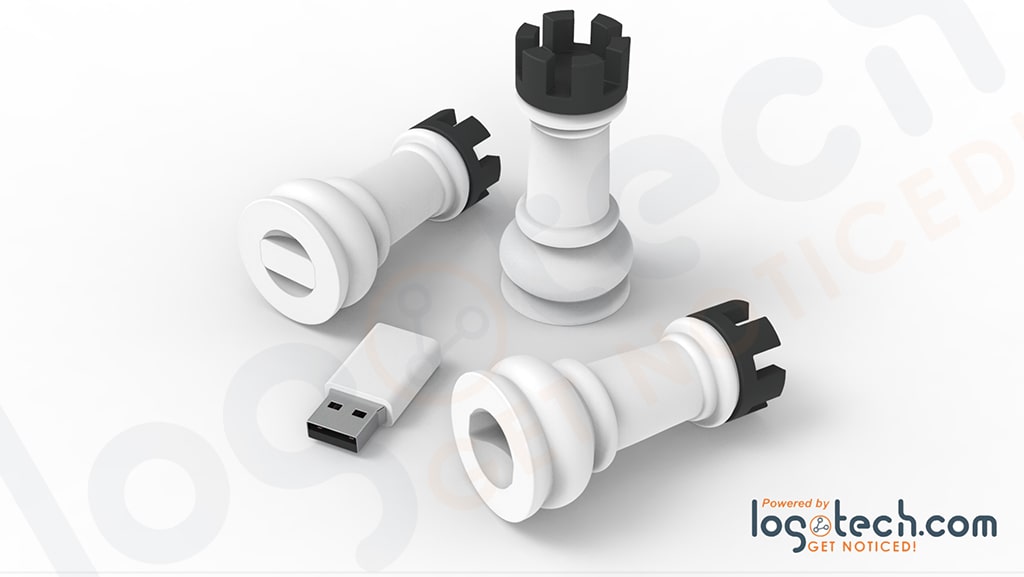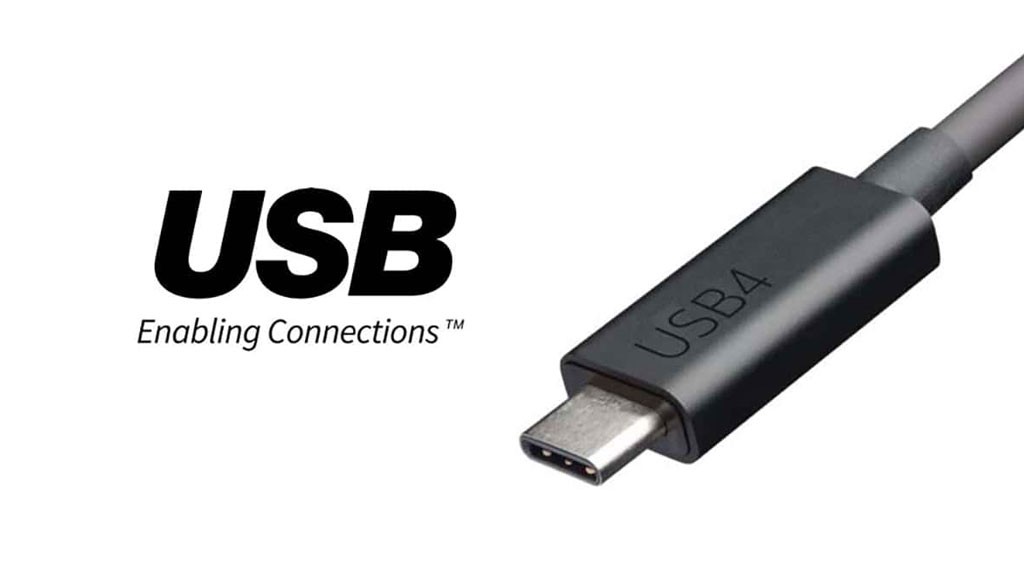
What the USB4 Standard Means to Average Consumers
Remember when Apple dropped the 30-pin cable and made everyone get Lightning chargers for their next iPhone? All those car chargers you paid dearly for, the backup charger at the office, the dock station next to your bed to charge and listen to iTunes -- all worthless.
Let's go back even further to when you got a new mobile phone every few years. The charger for your old phone usually wouldn't work with the new one. There was no standardization, and every company had proprietary connectors that wouldn't work on any other device.
With the adoption of USB standards, many of those issues went away. If you were an Apple user, the Lightning charger connected to your Mac/chargers using a USB-A connector. Android devices (and almost any other non-Apple product) used USB micro-B connectors and could connect to chargers using any standard USB-A port. With USB-A ports as a standard, they all played nicely together.
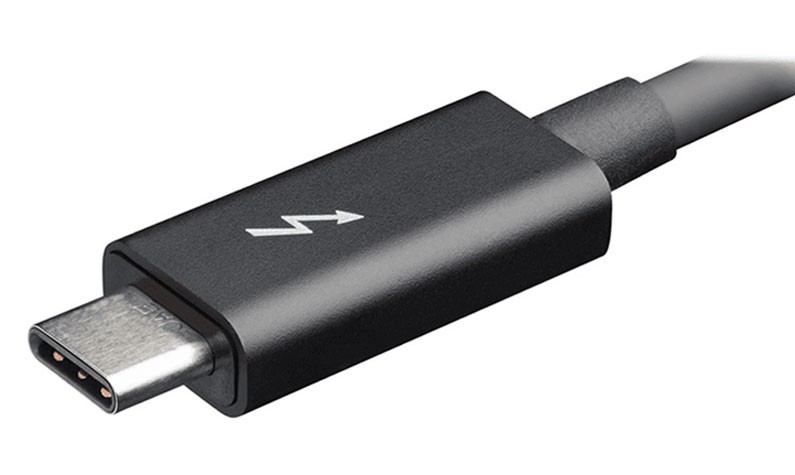
Welcome to USB4, the newest and possibly biggest leap forward in computing standardization. The USB Implementers Forum plans to release specs in mid-2019. Most in the industry expect full adoption in 2021, with devices on the market in 2020.
USB4:
- Is based on Thunderbolt technology which Intel created and has made available royalty-free industry-wide.
- Uses USB Type-C cables/connectors that are small, sturdy and multi-directional, so there is no more flipping it twice to get it to go in.
- Offers up to 40 Gbps operations, doubling USB 3.0 (and its later iterations) speeds.
- Is compatible with USB 3.2, USB 2.0, and Thunderbolt 3.
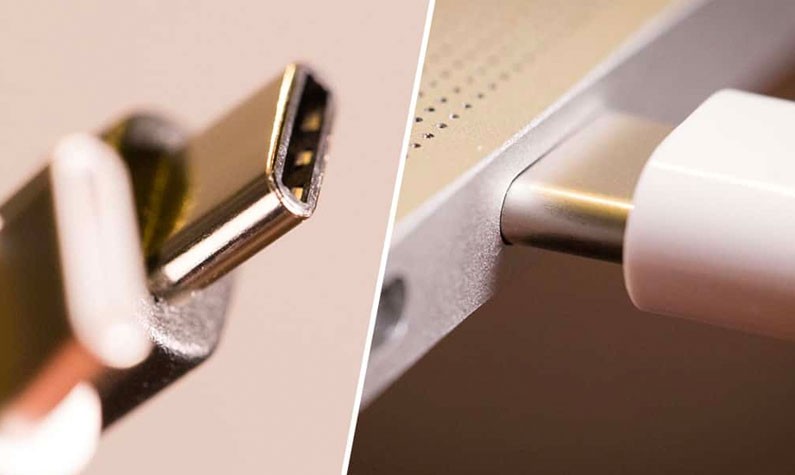
So what does all of this mean to consumers?
Eventually, those USB-A chargers will go away. Power strips with built-in USB-A ports, wall-mounted USB outlets, your car's USB-A port, and the car charger plugged into your cigarette lighter all will need to become USB-C ports.
Thankfully, you can put a USB-C adapter into a USB-A slot. With an adapter, it will still charge your phone, play your music, and power whichever device you need.
You can still use USB flash drives to boot your system, record your music, and share with clients as promotional swag. They might not work as fast as a native USB-C connection, but they will still work fine and as fast as most consumers want or need them to.
So just like when Apple went to Lightning, everyone will have to reset. But it won't happen overnight and will make for faster data transfers, faster charging, and further standardization in computing.
Do you need custom USB drives with USB-C for your students, clients, and employees? We can get them for you, too. Contact your Account Manager for details.




